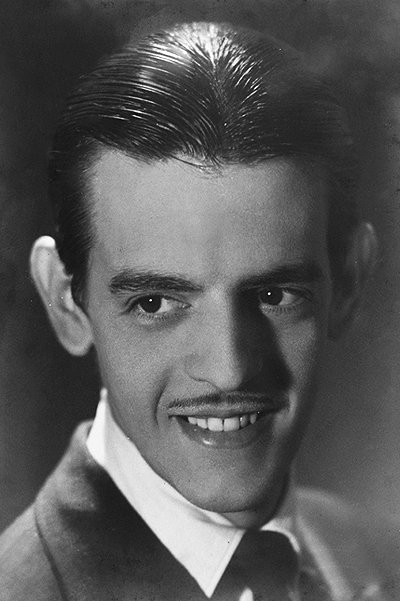

For this behemoth, Bressane took his opera omnia and edited it in an order that first adheres to historical chronology but soon starts to move backwards and forward. The various pasts – the 60s, the 80s, the 2000s – comment on each other in a way that sheds light on Bressane’s themes and obsessions, which become increasingly apparent and finally, a whole idea of cinema reveals itself to the curious and patient viewer. Will Bressane, from now on, rework The Long Voyage of the Yellow Bus when he makes another film? Is this his latest beginning? Why not, for the eternally young master maverick seems to embark on a maiden voyage with each and every new film!
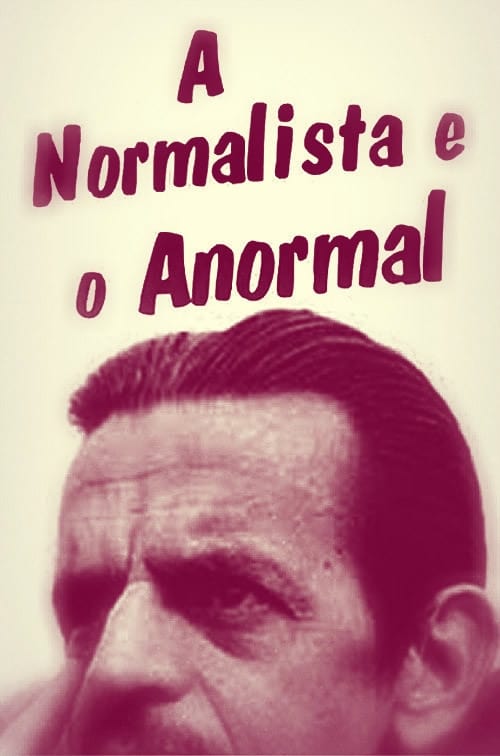
A group of girls meets a strange man in what was supposed to be a normal evening at an amusement park.
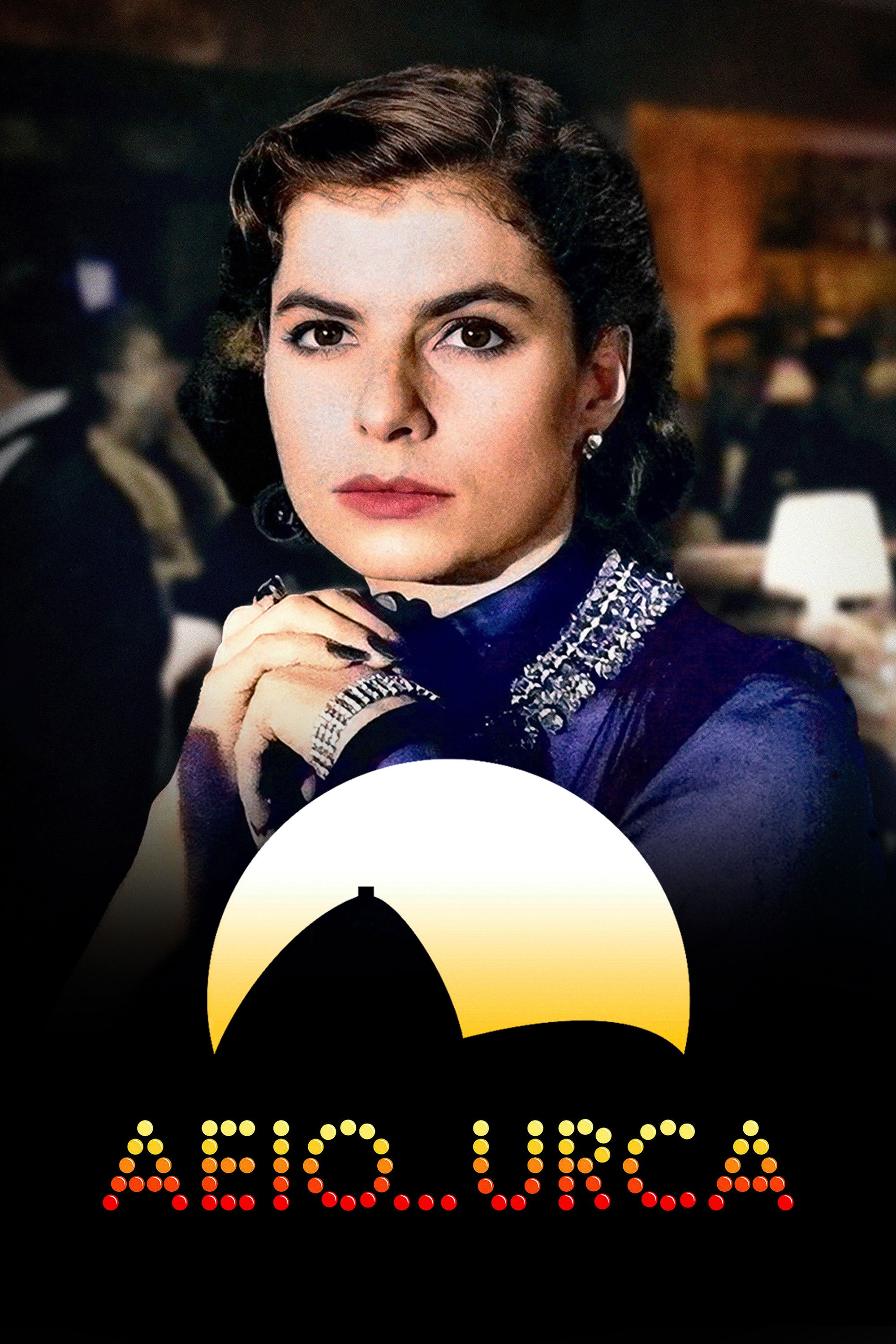
In a country town in the state of Minas Gerais, Brazil, Januária is going to marry the shy and naive Amorim. But in her heart she wants to escape with her dream hero, the cowboy Roy Pereira, and start a new life in Texas.
An overlook at the southern Rio de Janeiro neighborhoods, from the perspective of one of its most well-known places: Jardim de Alah, a group of squares on the middle of neighborhoods Ipanema and Leblon. There, people of different social classes interact together - workers who live in the Cruzada de São Sebastião building and the local bourgeois class who live in fancy condos. There, the rich and the poor unite in the same spirit.
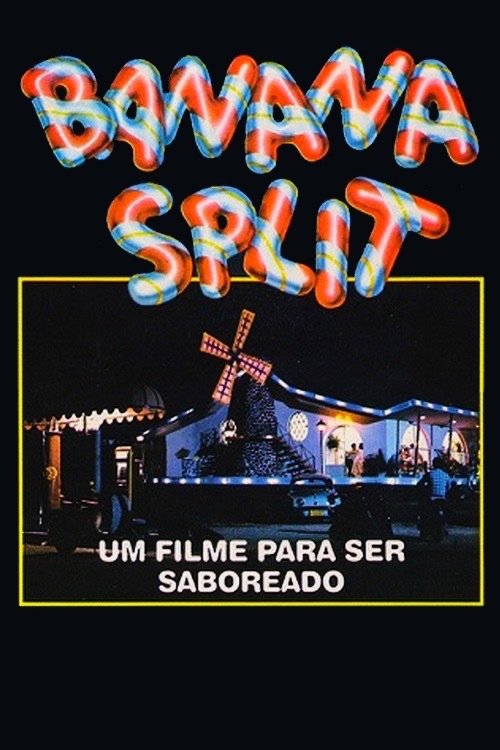
In Petrópolis in the 1950s, the group of Nei, Cabelinho, Bambolê, Laura and Carminha is excited about the arrival of the cariocas, who symbolize the highest level of modernity.

Mr. Kapa and his assistant meet Iara, a mythical being, in a river with purple waters. Geléia, the assistant, fills a bottle with this magic water and makes three puppets turn alive.
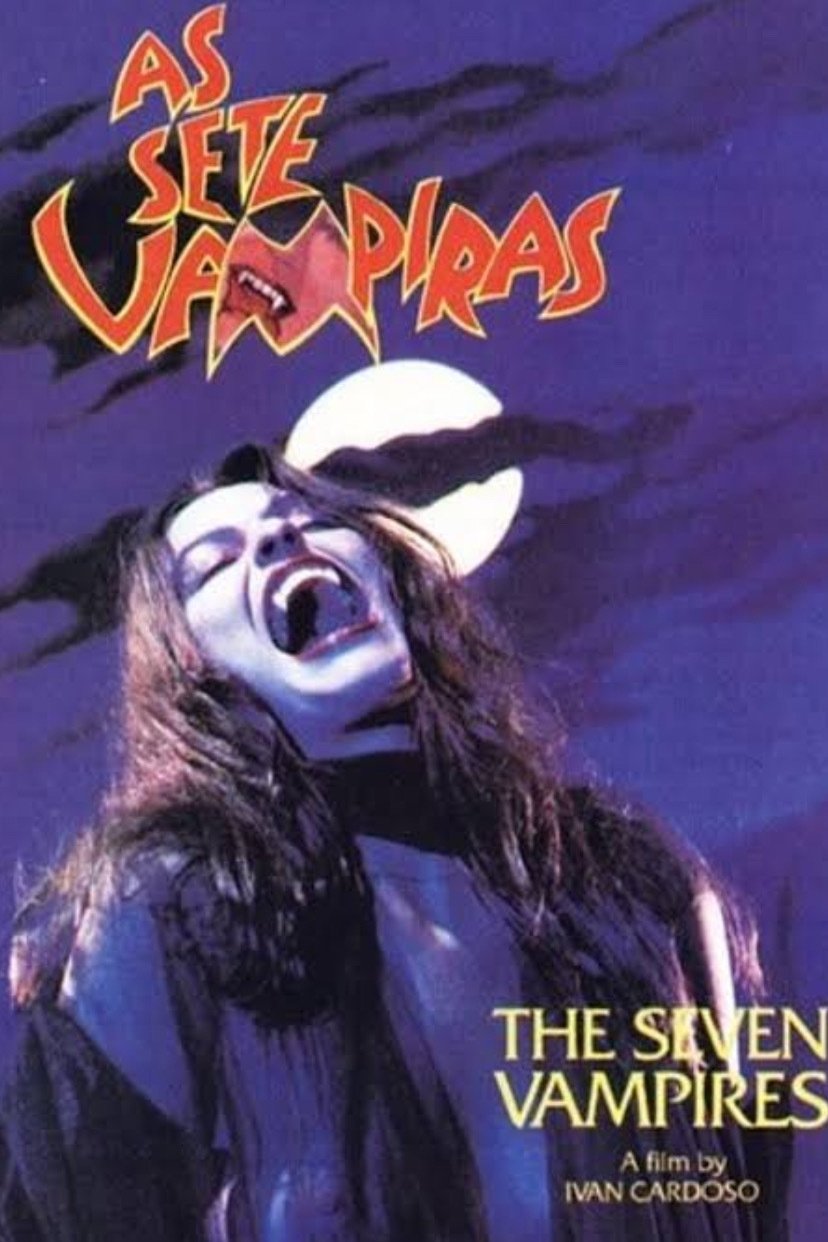
A clumsy detective and his secretary are hired to solve the mysterious, vampiresque deaths happening at a nightclub show.
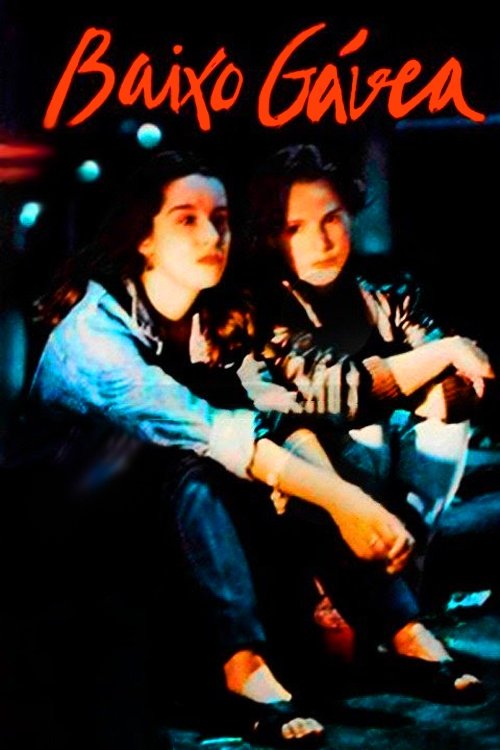
Clara directs the rehearsals of a theatrical play about Fernando Pessoa while constantly seeking the right man and the love of his life. One of the actresses is the lesbian Ana, who interprets the poet Mário de Sá Carneiro. She is Clara's friend and confidant with whom she shares an apartment. Clara does not perceive Ana's love for her, that always helps her to recover from the disappointments. Unlike the character Sá Carneiro, poet of decadentism, nostalgia, metaphysics and vague, Ana is the pragmatic side of Clara, who often brings a disillusioned vision as if it were Fernando Pessoa himself, who may be associated with concepts of the poet's heteronyms.
Wilson Grey (born Wilson Chaves, December 10, 1923 - October 3, 1993) was a Brazilian actor known to play minor characters in several films. With a career that spanned for over 40 years, he was a constant figure in many productions through various phases of Brazilian cinema, from the popular musical comedies known as "chanchadas" in the 1950s to the Cinema Novo movement. Grey is known for his work on "O Segredo da Múmia" (1982), "A Dança dos Bonecos" (1986) and "As Sete Vampiras" (1986). "O Segredo da Múmia" was one of the few feature films where he played the main character in his entire career. A rarity among Brazilian actors, Grey hardly ever appeared on a TV series or soap-operas. His career consisted mostly of films (more than 100).
By browsing this website, you accept our cookies policy.